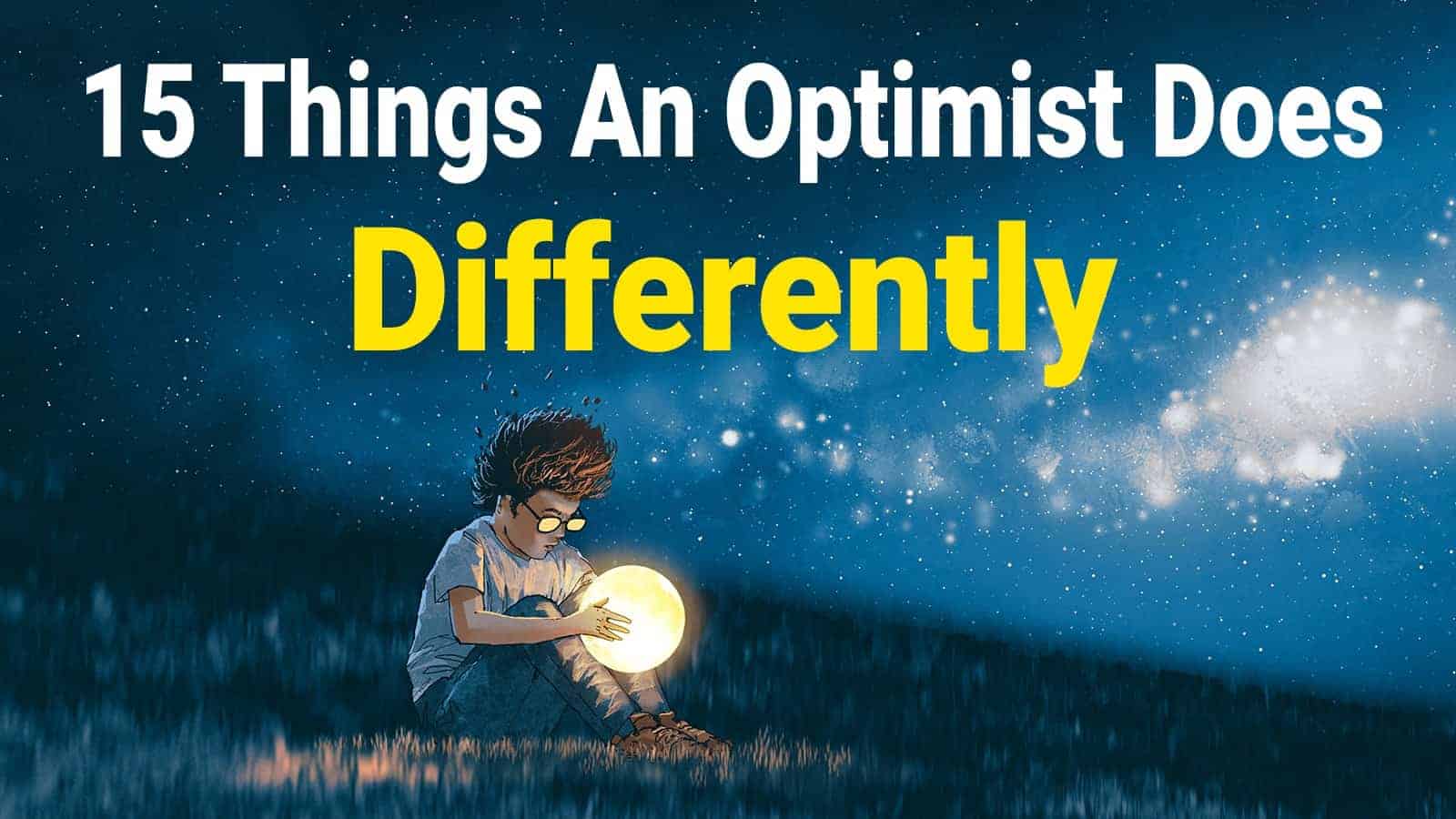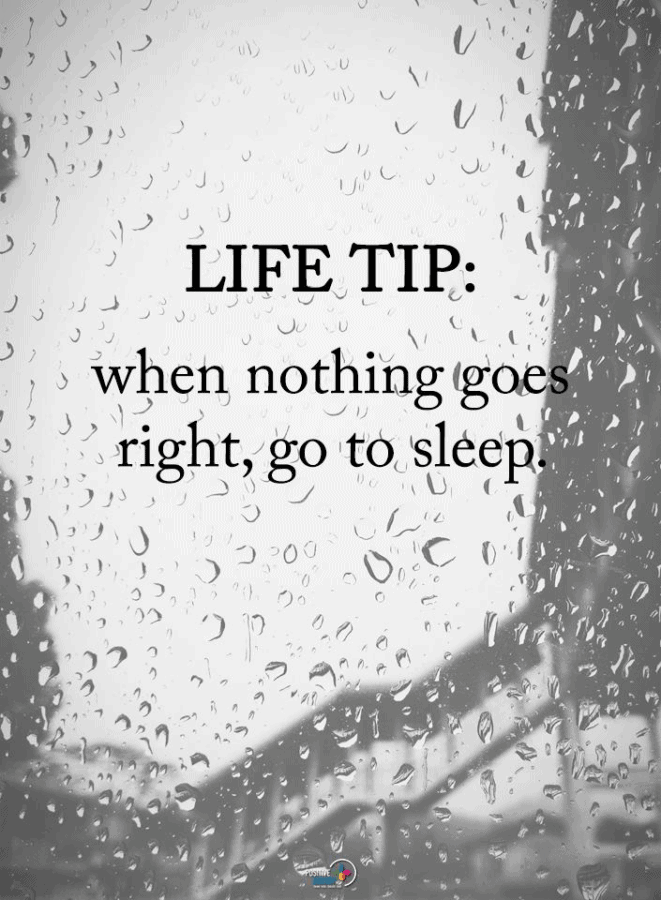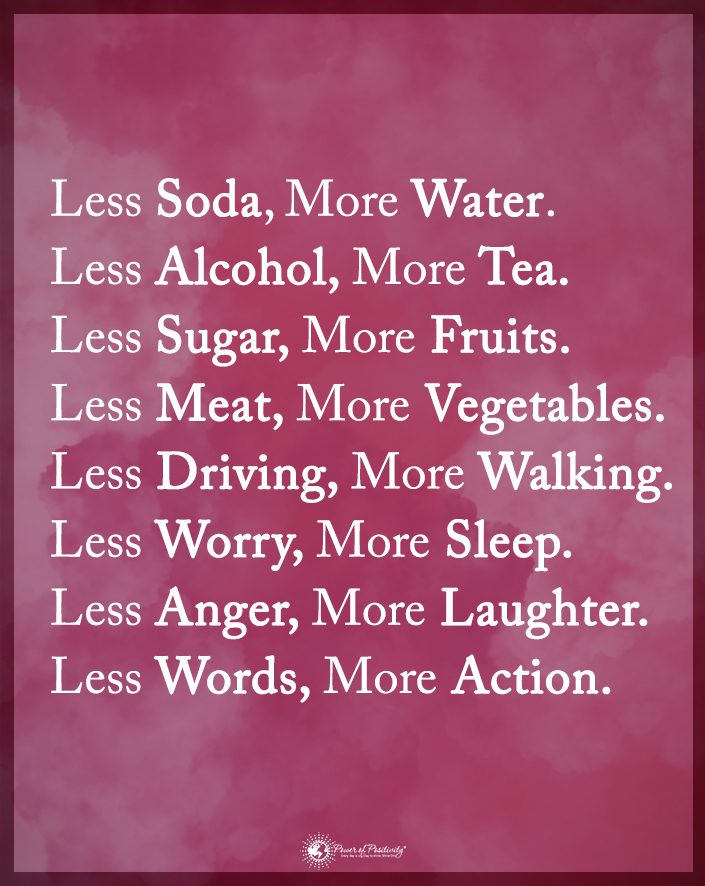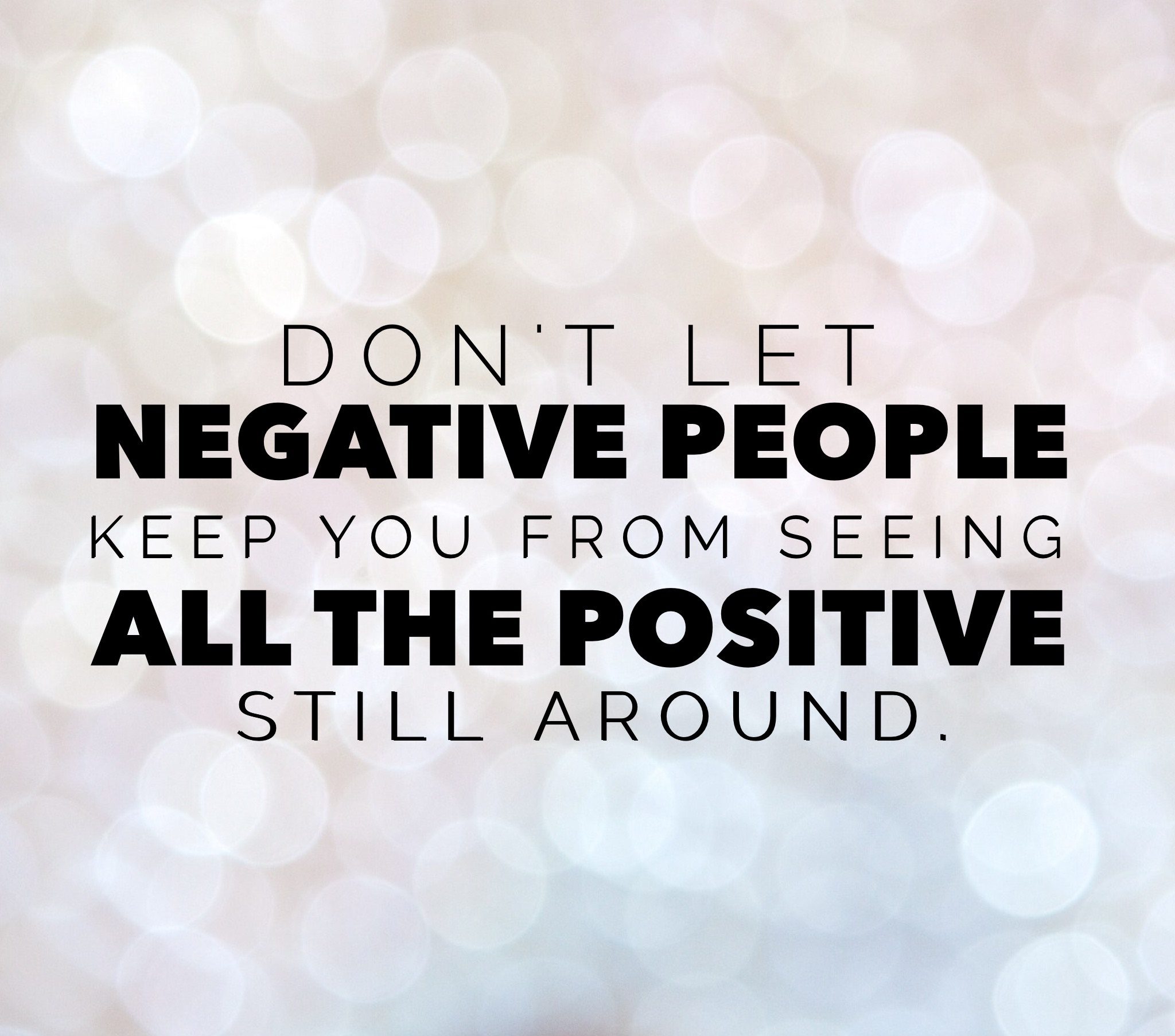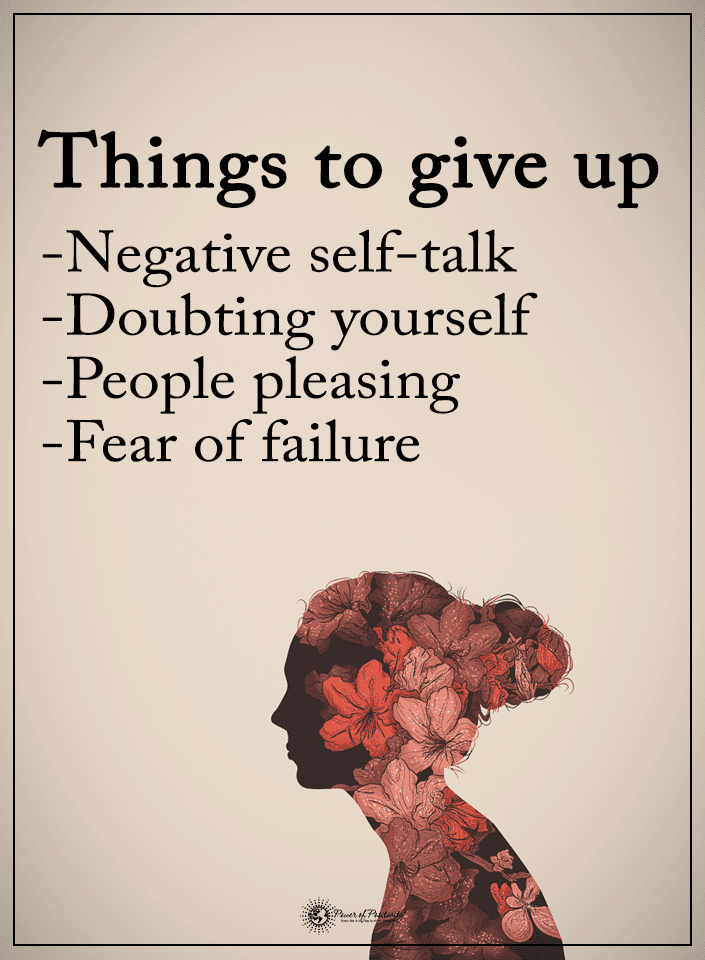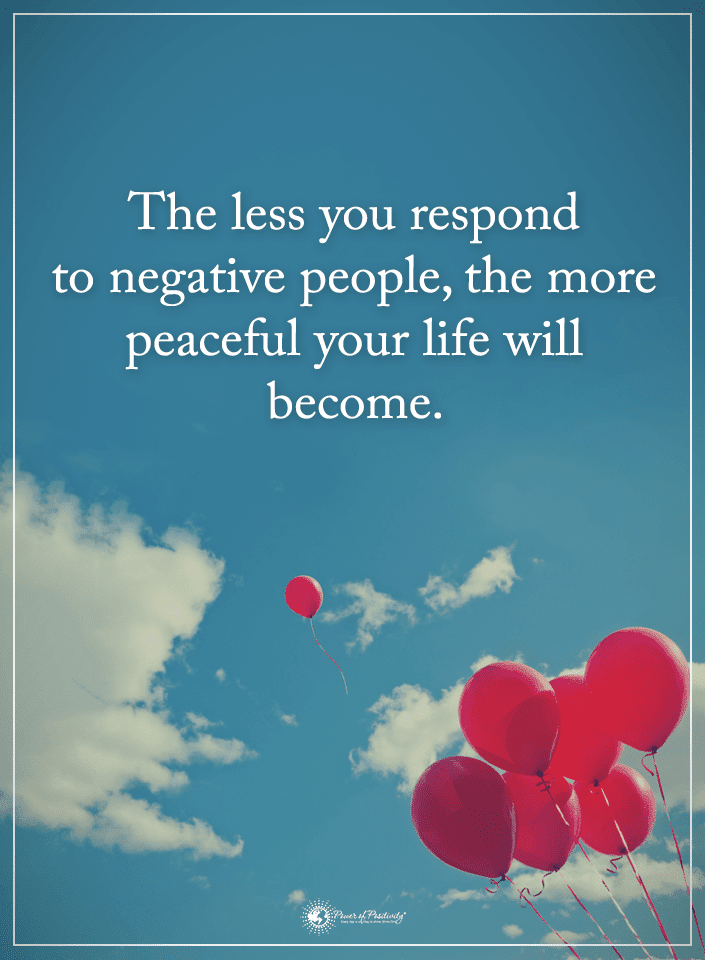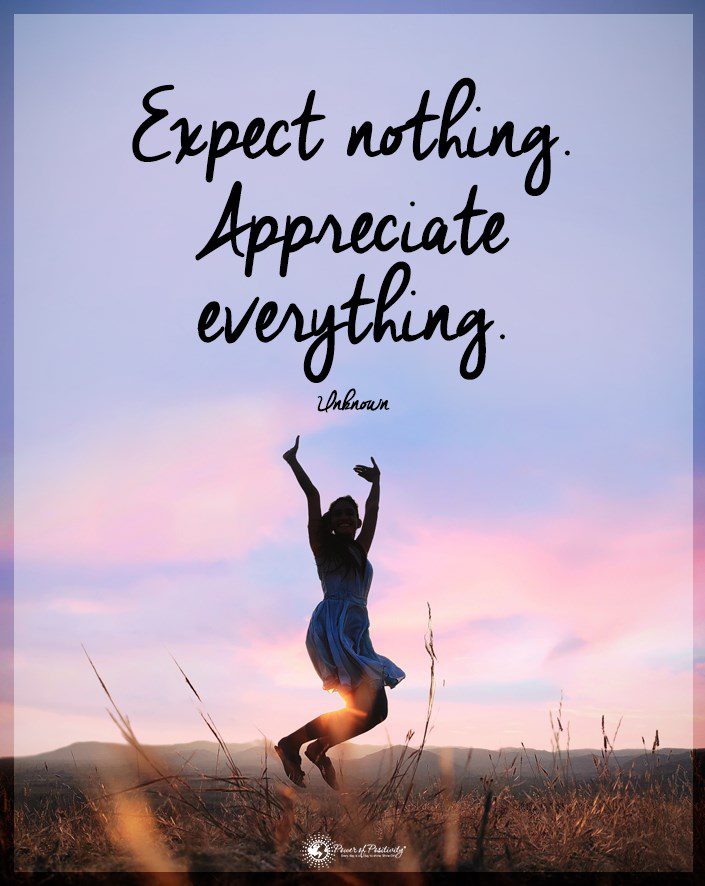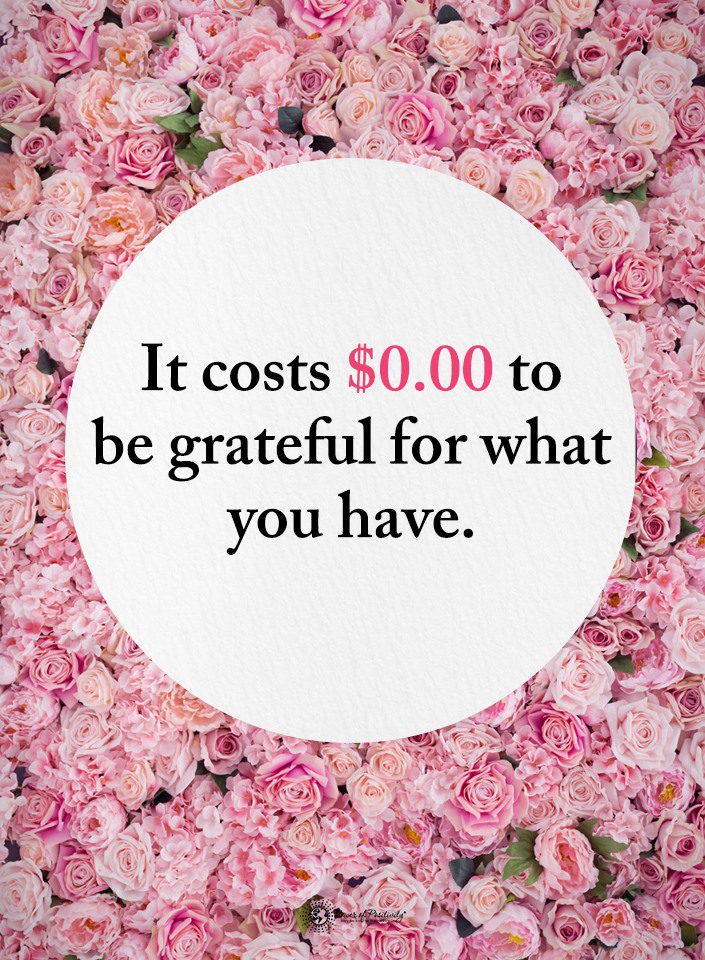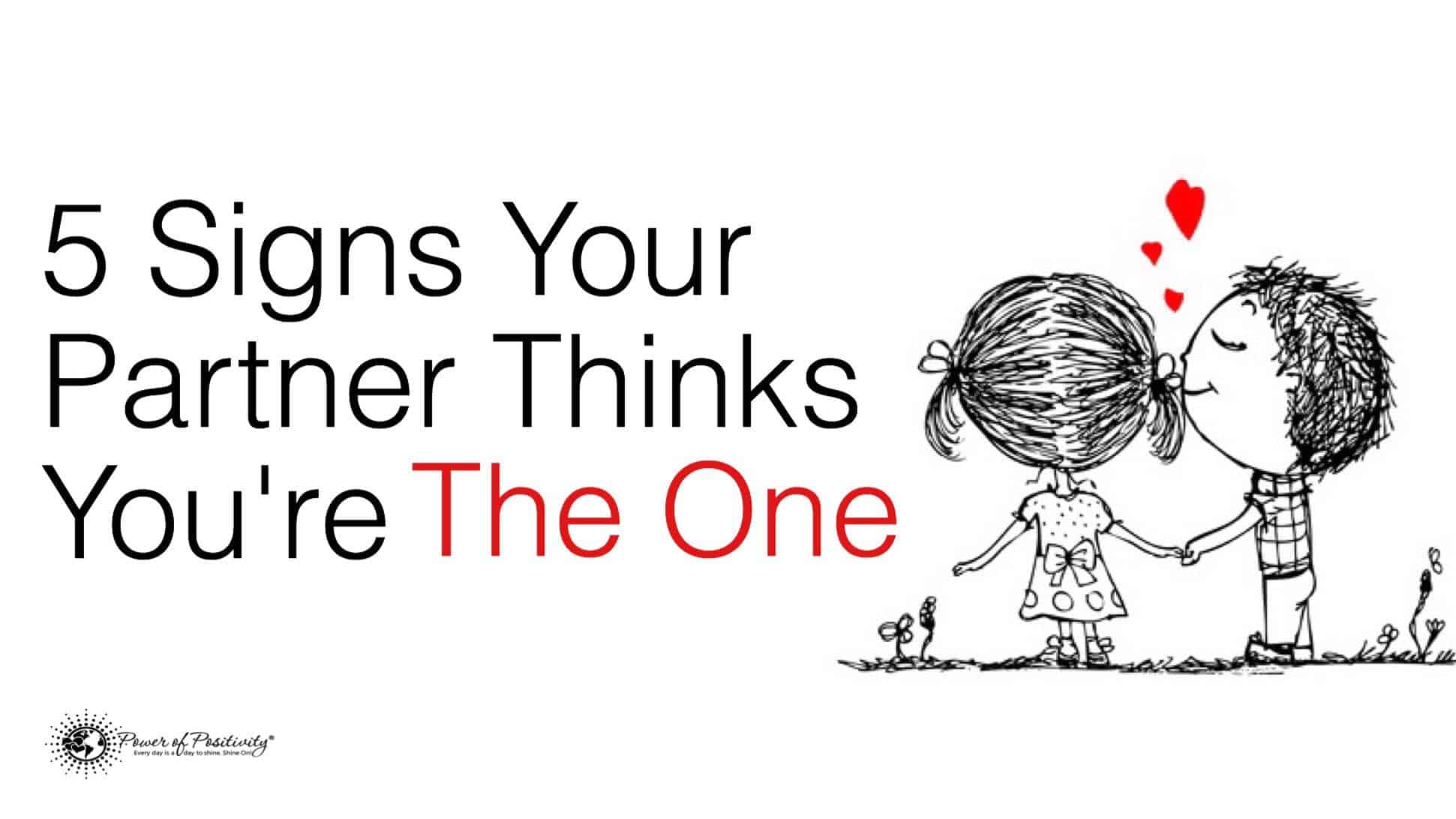We all feel discouraged from time to time. Some days, we might run full speed ahead and tackle life with no problem, but other times, we might feel like throwing in the towel. Life contains ups and downs for a reason, so that we may appreciate the good times and learn from the hard ones. If you ever feel like giving up, just consult the following inspiration to get you through another day.
Here are 11 quotes to remember when you feel discouraged:
Related article: 9 Things To Remember When You Feel Like Quitting
1. We’re so busy watching out for what’s just ahead of us that we don’t take time to enjoy where we are. – Calvin & Hobbes
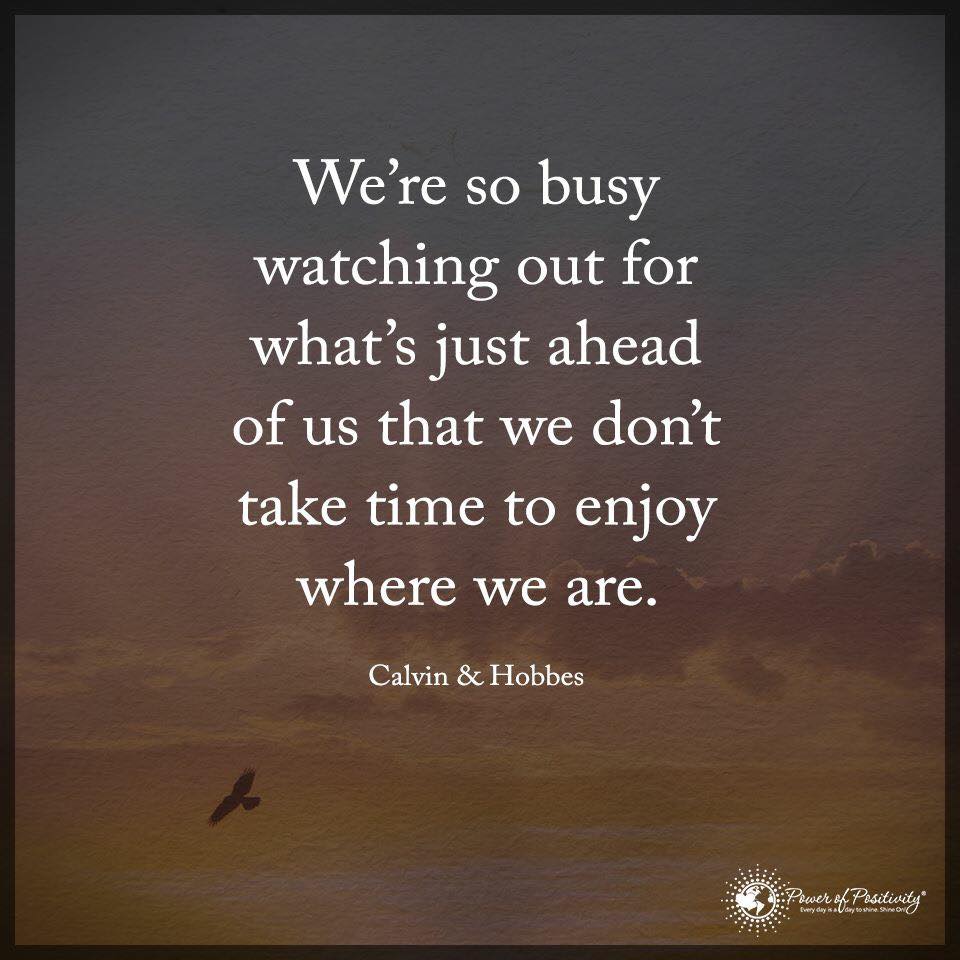
2. It doesn’t matter if it’s a relationship, a lifestyle or a job. If it doesn’t make you happy, let it go.
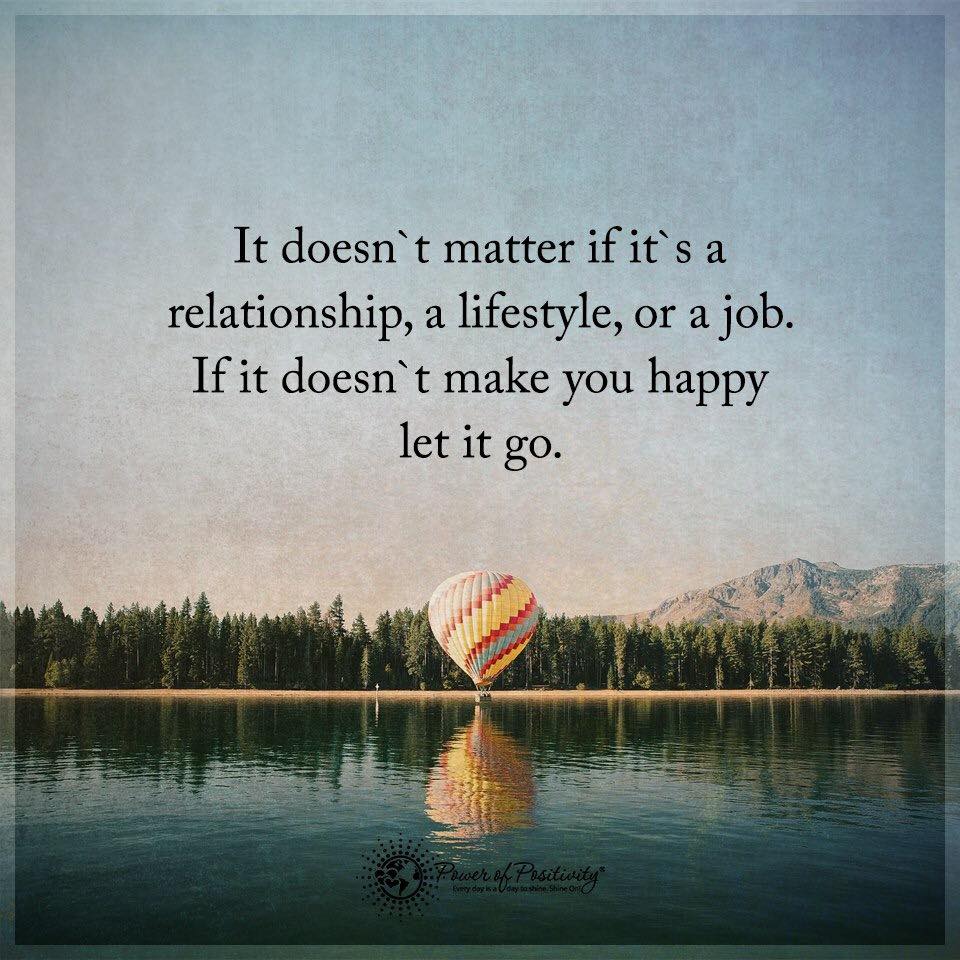
3. Stop wishing your life was different and live the one you have, because it’s the only one you have got.
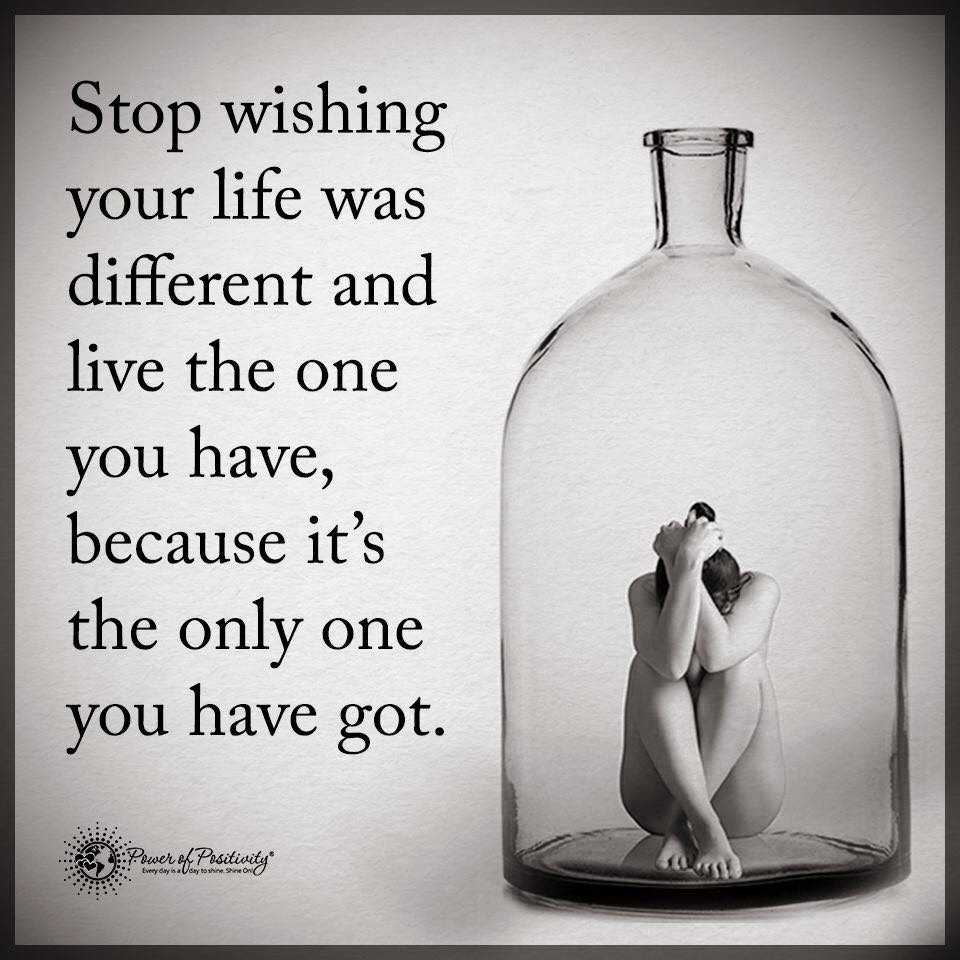
4. “Life is like riding a bicycle. To keep your balance, you must keep moving.” – Albert Einstein
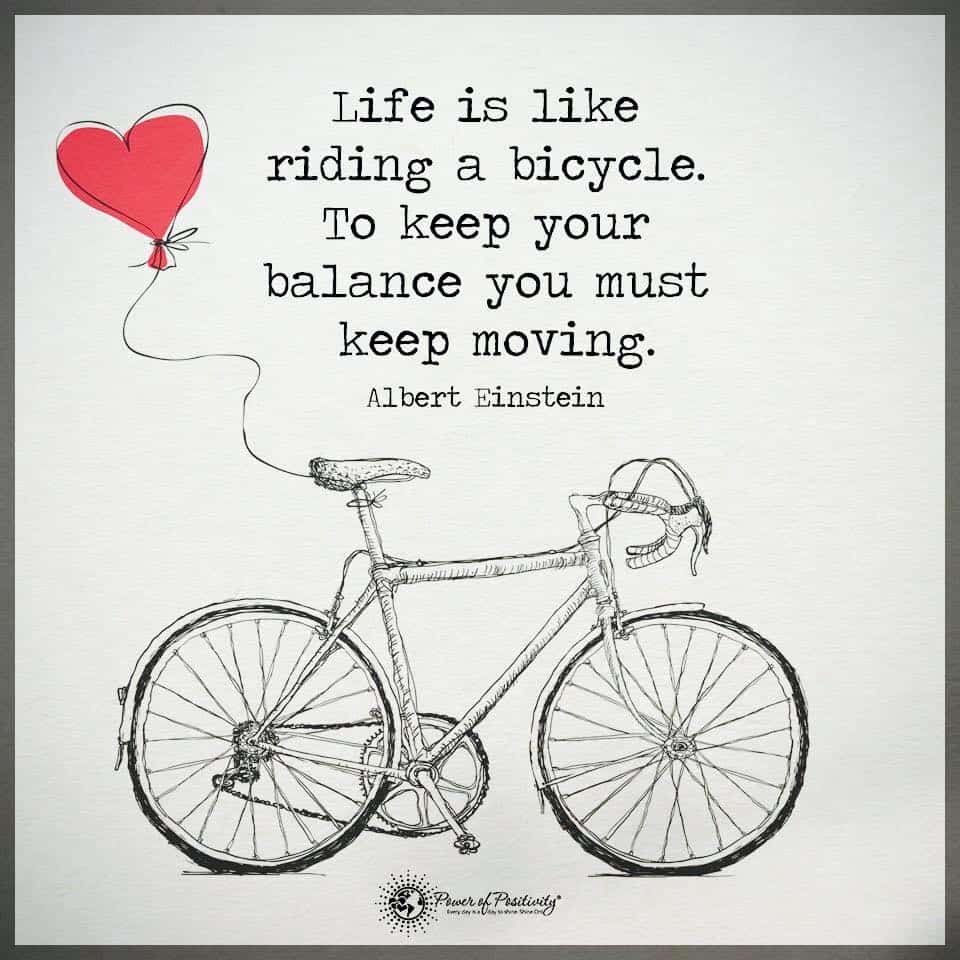
5. Go 24 hours without complaining. Not even once…then watch how your life starts changing.
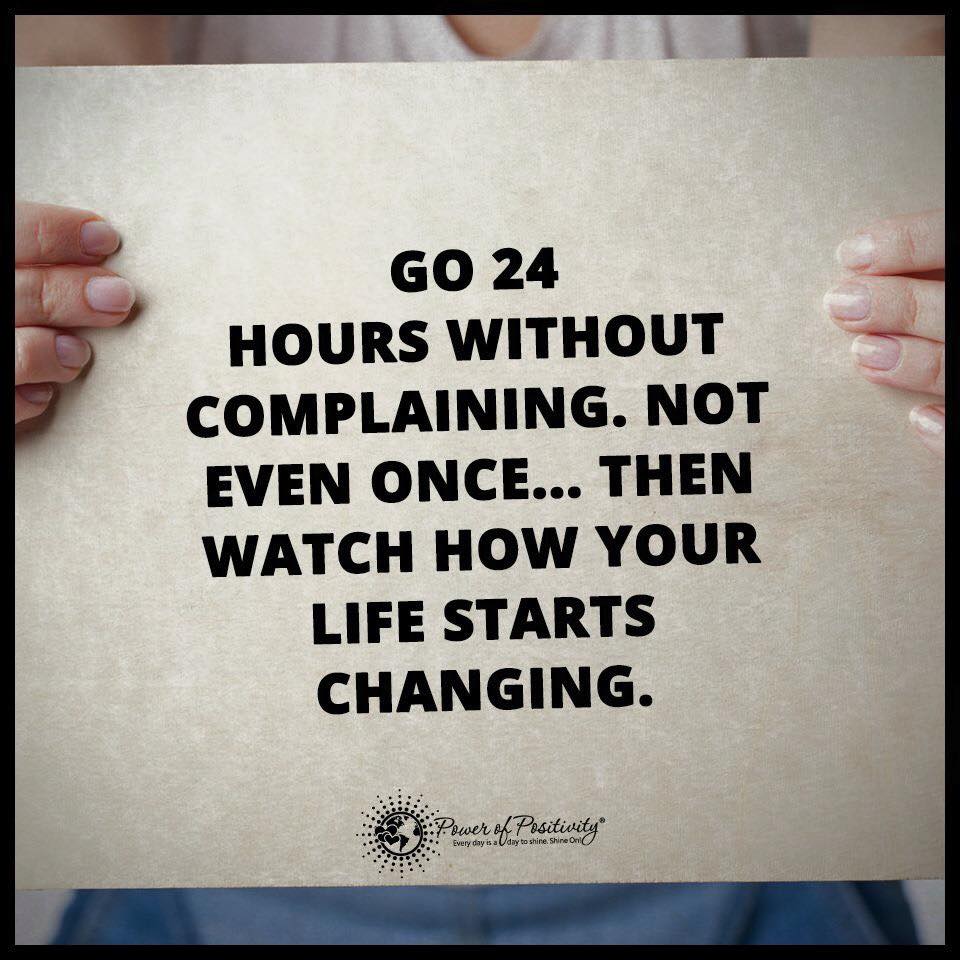
6. Don’t be in such a rush to figure everything out. Embrace the unknown and let your life surprise you.
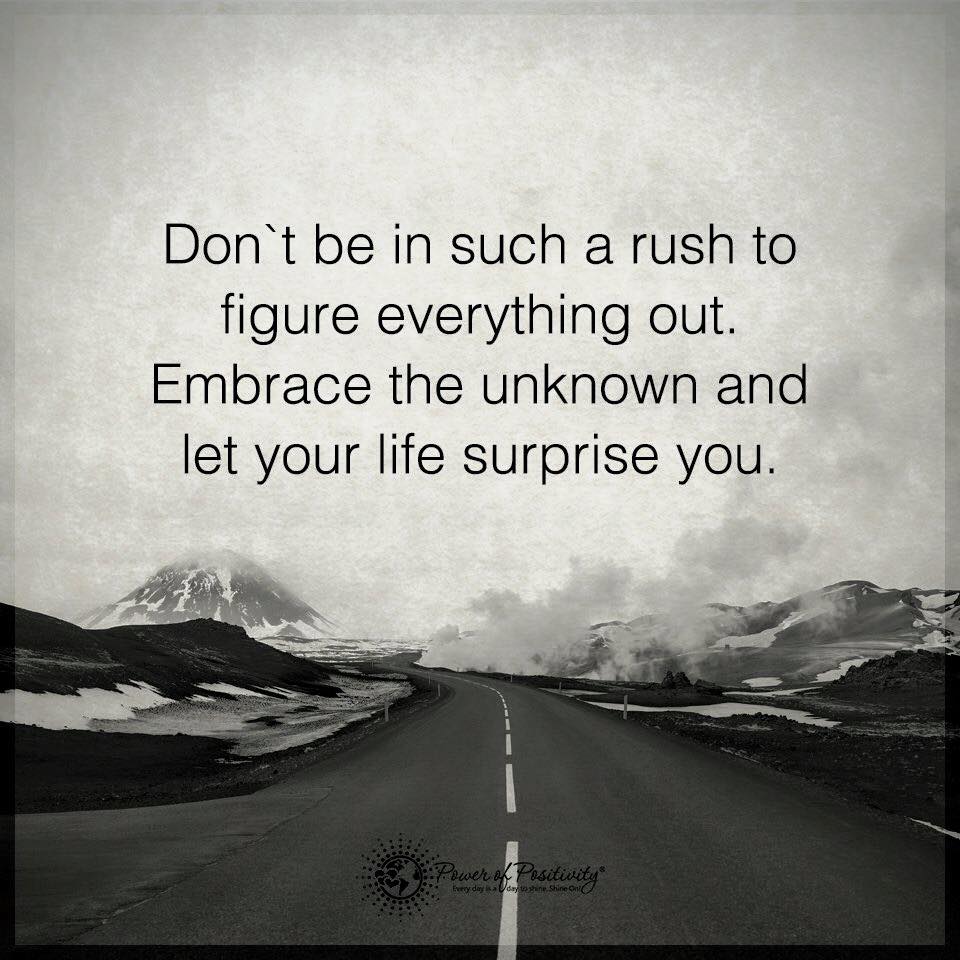
7. Ships don’t sink because of the water around them; ships sink because of the water that gets in them. Don’t let what’s happening around you get inside you and weigh you down.
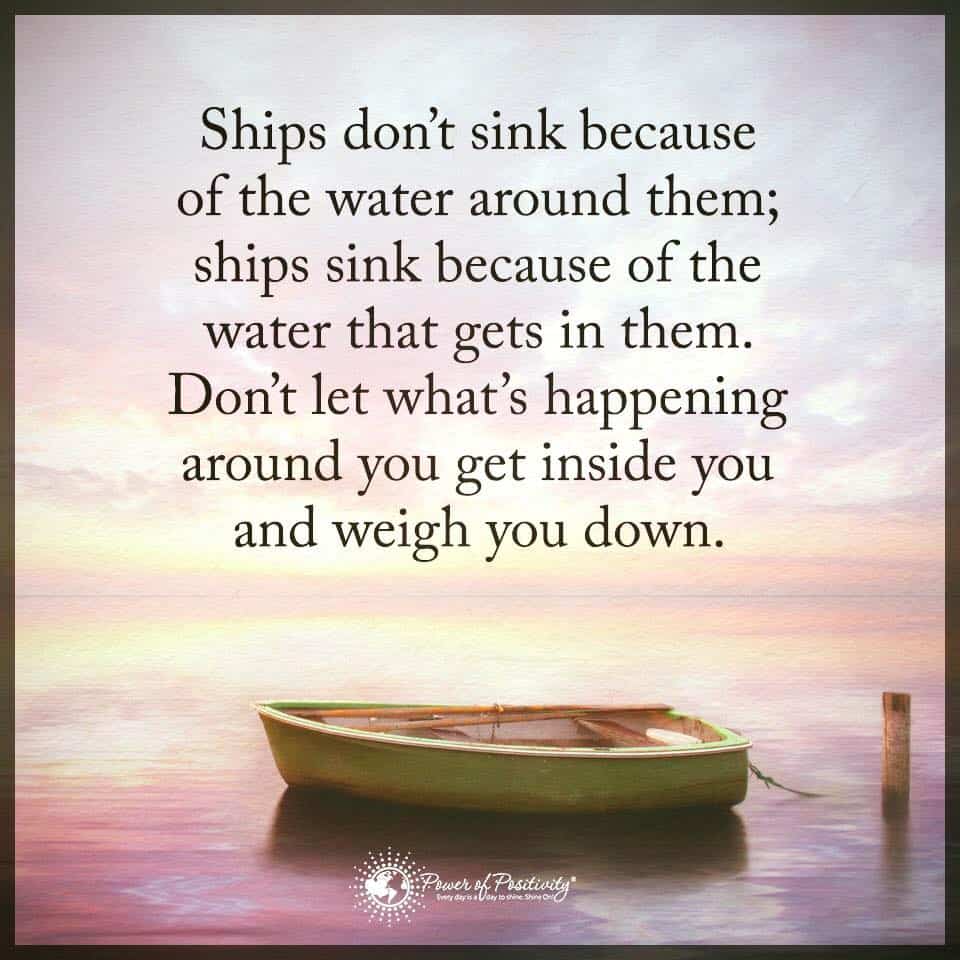
8. The struggle you’re in today is developing the strength you need tomorrow. – Robert Tew
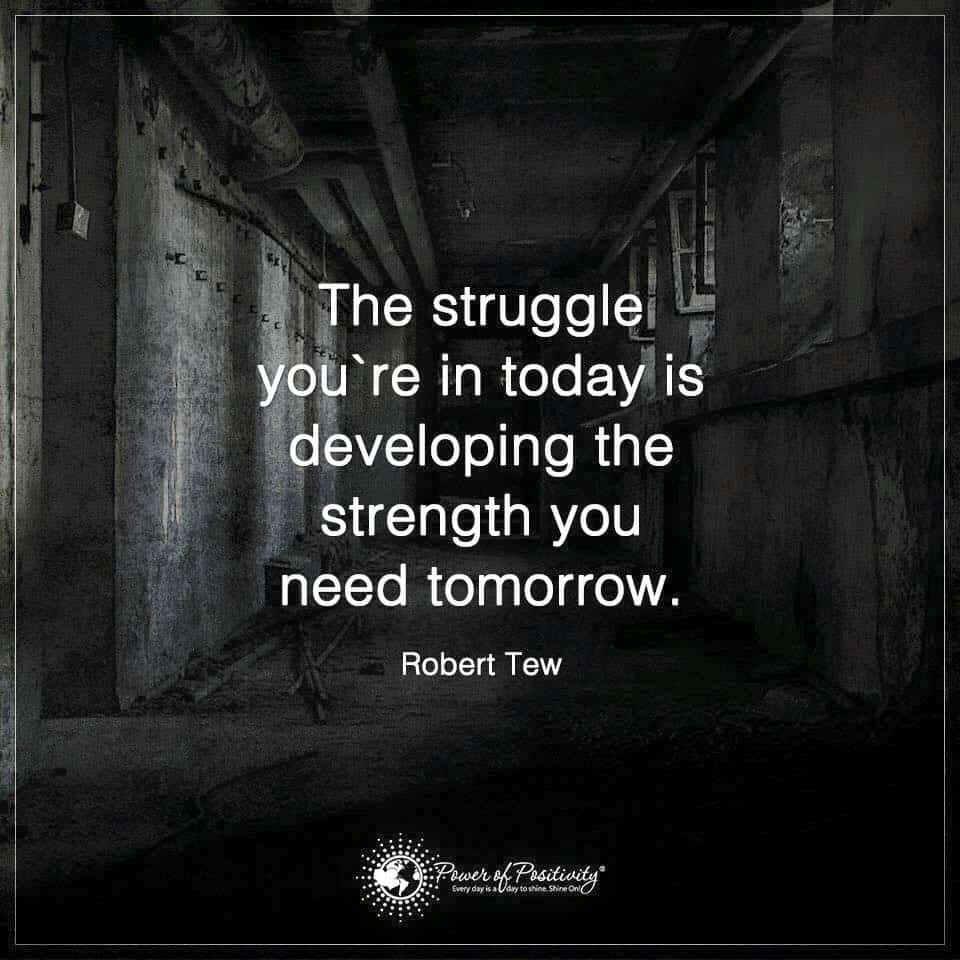
9. Do not judge my story by the chapter you walked in on.
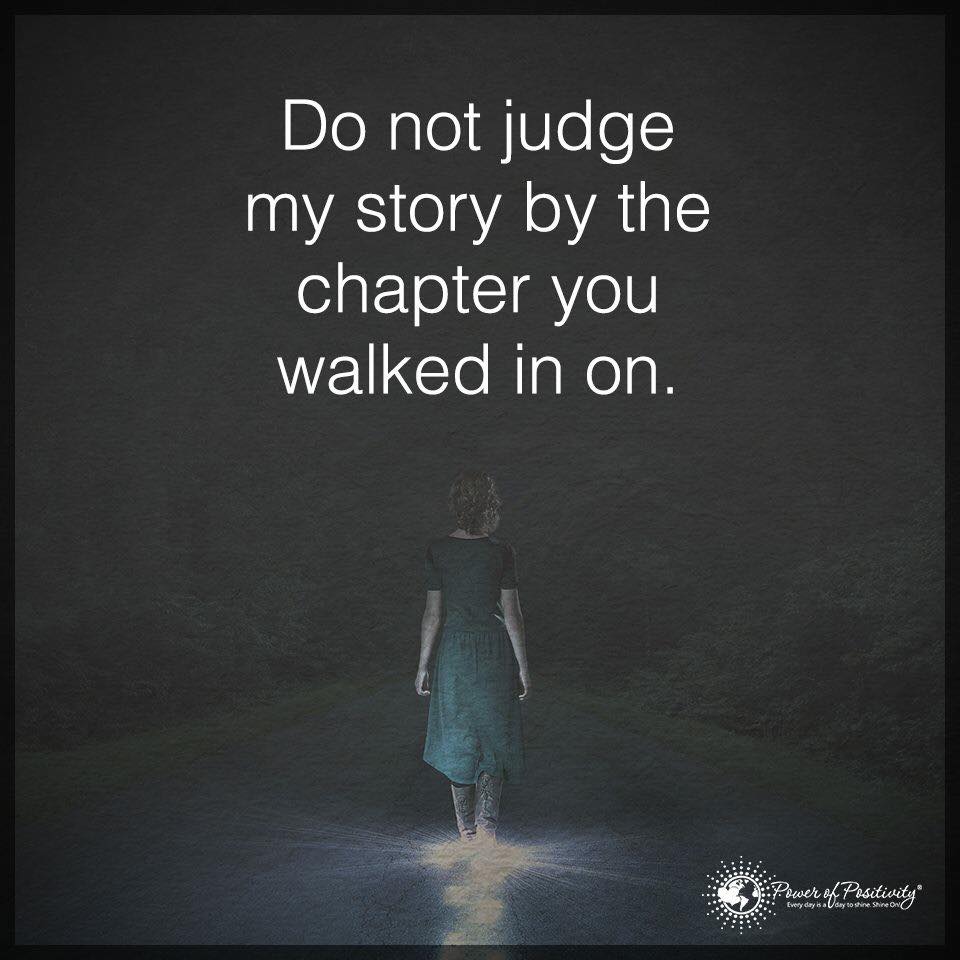
10. Be patient. Some things take time.
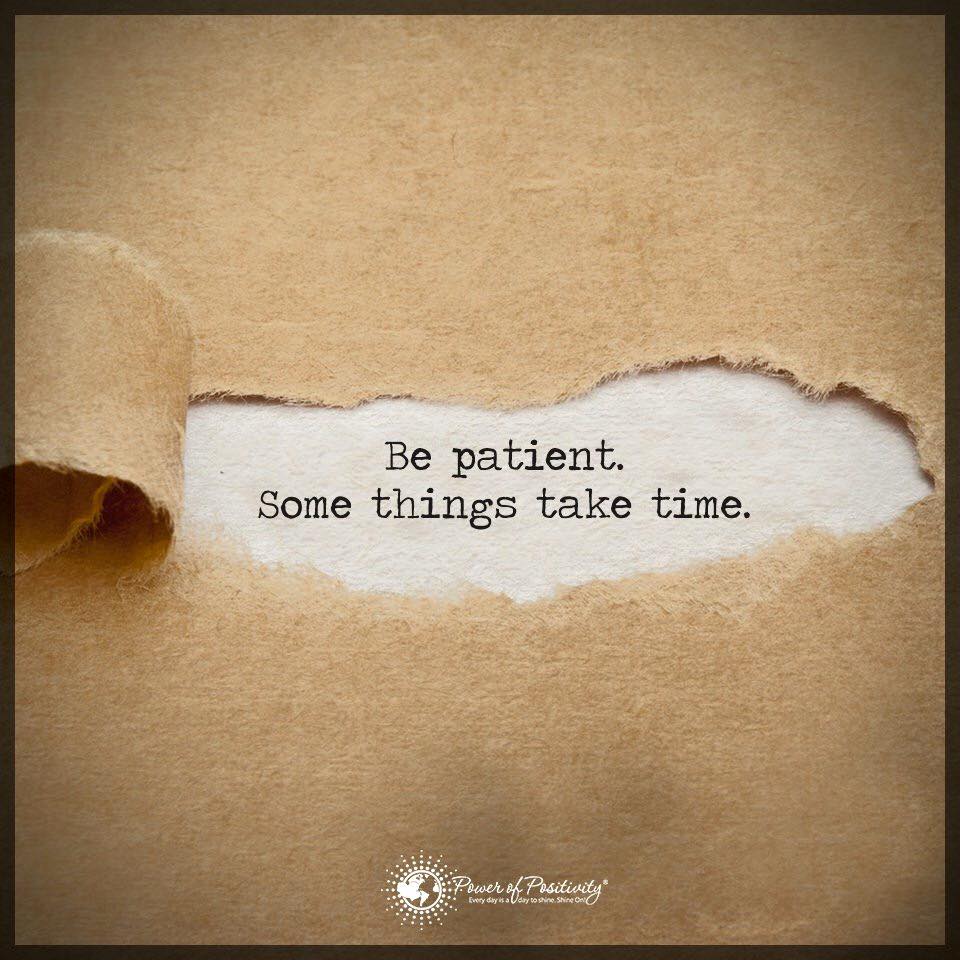
11. Remember the time you thought you could never survive? You did, and you can do it again.
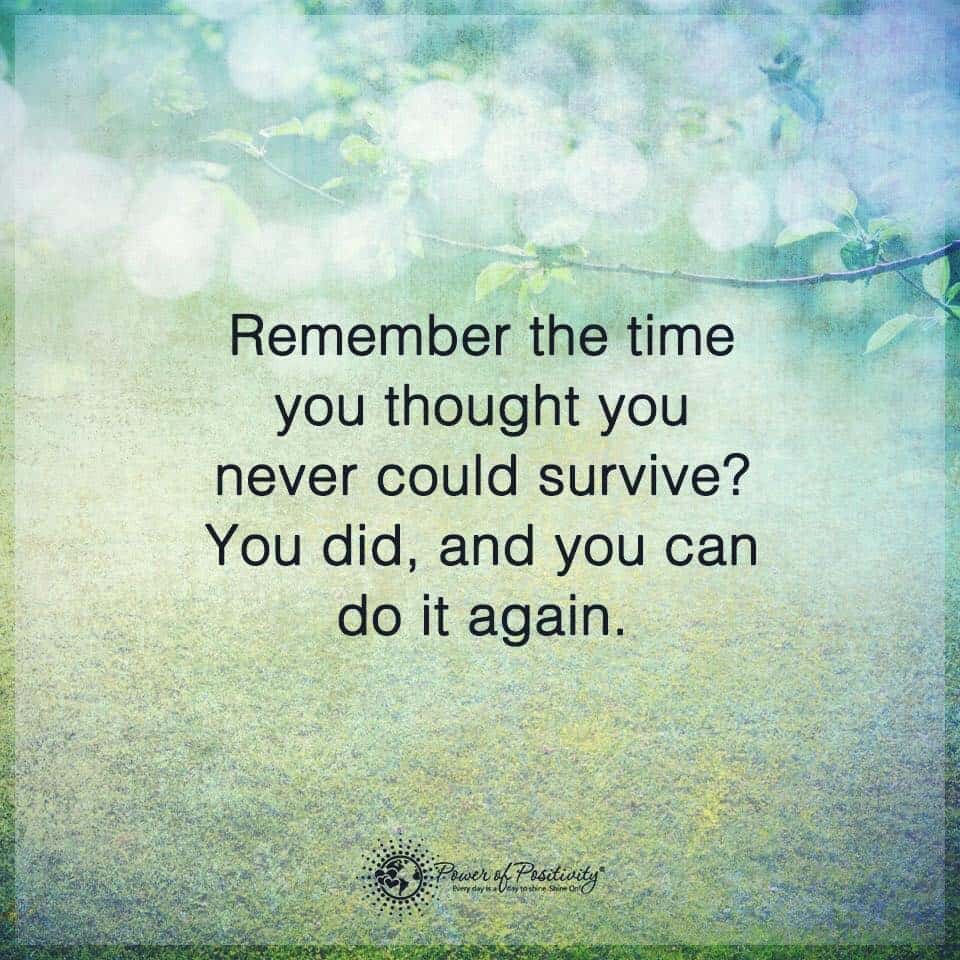
Here are some more tips to help you become encouraged again:
1. CLAIM YOUR JOY INSTEAD OF FEELING DISCOURAGED.
When life seems a little boring, realize it’s because of us, not because of a task, our job or the lack of a nightlife. We have the ability to create joy and excitement in everything we do, and it starts with our thoughts around the situation. It is not so much about trying to fix the situation or even ourselves as it is learning new things, finding the good, and focusing our energies on activities that have personal meaning.
2. FREE YOUR MIND.
We need to take the time to look after our emotional well-being by putting time aside every week for a yoga class or a little meditation. The relaxing breathing strategies involved in both will help eliminate stress and reduce anxiety. We will feel better, and will look at things differently.
3. MAKE LITTLE, POSITIVE CHANGES TO OVERCOME FEELING DISCOURAGED.
When we make small changes to our daily routine, it brings back the excitement. Take a new exercise class, read a book, or even just doodle – these can get you out of a rut and ignite your creative self. You will soon realize that the act of starting and doing something new can give you some confidence to continue creating.
4. REFRAME NEGATIVE THINKING.
Negative thinking is common, but it’s how we handle the thoughts that will either drain our excitement for life, or build on it. We can’t stay in the midst of negativity and hope to be our best selves. Understanding our negative thoughts and reframing them into thoughts that better serve us keeps us from getting stuck.
5. PRACTICE OPTIMISM.
An optimist is more excited about everything, not just life! If you’re not presently an optimistic individual, don’t worry – optimism may be learned. And it’s not whether the glass is half full or half empty, it’s knowing you can fill it up.
Teach yourself to see the other side, even with the small setbacks, little adversities, frustrations, disappointments, and letdowns in daily experiences. Look for the lessons and trust things will work out. When you do, it’s easy to get excited about the possibility.
6. ELIMINATE WASTED TIME TO STOP FEELING DISCOURAGED.
When we start to look at our day, we’ll probably notice quite a bit of time wasted on non-value added activities like Candy Crush, Facebook or mindless television. Wasted time is energy draining, and as mentioned earlier, it’s hard to get excited when your energy is drained. When you know down deep you need to do something, you will find the time and the energy. But beware, because time fillers have a way of creeping in.

